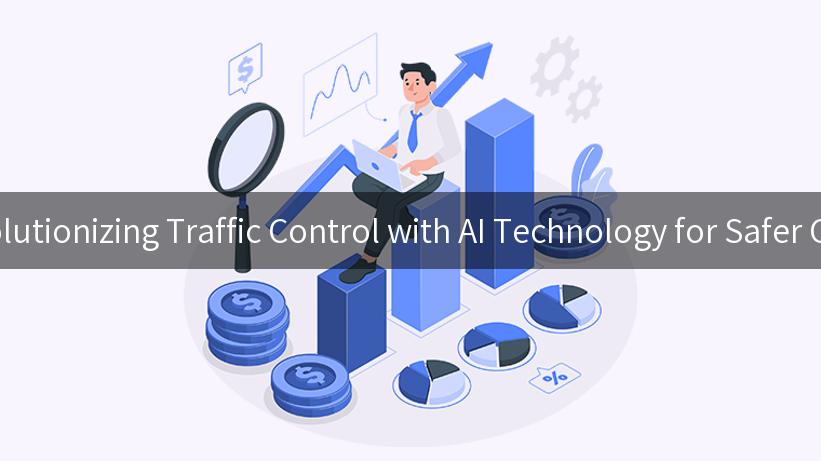
Introduction
Traffic control is a critical aspect of urban planning and management that plays a significant role in ensuring the smooth flow of vehicles and pedestrians. As cities continue to grow and evolve, the challenges associated with traffic congestion, safety, and efficiency have become more pronounced. Common problems include bottlenecks, accidents, and the environmental impact of traffic. Understanding traffic control is essential not only for urban planners and engineers but also for everyday citizens who rely on roadways for transportation. This article delves into the importance of traffic control, its various elements, and how advancements in technology, particularly artificial intelligence (AI), can enhance traffic management systems.
Understanding Traffic Control
Traffic control refers to the methods and systems used to manage the movement of vehicles and pedestrians on roadways. This encompasses traffic signals, signs, road markings, and the use of technology to monitor and regulate traffic flow. Effective traffic control is vital for minimizing delays, preventing accidents, and ensuring that roadways are safe for all users. It is a complex interplay of engineering, psychology, and technology, working together to create a harmonious transportation environment.
The Importance of Traffic Control
The significance of traffic control cannot be overstated. With increasing urbanization, the number of vehicles on the road continues to rise, leading to congestion and longer travel times. Effective traffic control systems help mitigate these issues by optimizing traffic flow, reducing the likelihood of accidents, and enhancing overall safety. Moreover, a well-managed traffic system can lead to environmental benefits by decreasing emissions from idling vehicles and promoting the use of public transportation. In essence, traffic control is not just about moving cars; it’s about creating a sustainable and livable urban environment.
AI Technology in Traffic Control
The integration of AI technology into traffic control systems is revolutionizing the way cities manage their roadways. AI can analyze vast amounts of data from various sources, such as traffic cameras, sensors, and GPS systems, to provide real-time insights into traffic patterns. This allows for dynamic adjustments to traffic signals and routing, improving flow and reducing congestion. Furthermore, AI can predict traffic trends, enabling city planners to make informed decisions about infrastructure improvements and resource allocation. The use of AI in traffic control not only enhances efficiency but also contributes to safer roads by reducing human error in traffic management.
Conclusion
In conclusion, traffic control is an essential component of urban infrastructure that directly impacts the quality of life for city dwellers. By understanding its importance and leveraging AI technology, cities can address common traffic issues more effectively. As we move forward, the integration of innovative solutions will be key to creating safer, more efficient transportation systems. The future of traffic control lies in the hands of technology, and embracing these advancements will pave the way for smarter cities.
Frequently Asked Questions
1. What are the main components of traffic control?
The main components include traffic signals, road signs, markings, and technology such as cameras and sensors.
2. How does traffic control impact safety?
Effective traffic control reduces accidents by managing the flow of vehicles and pedestrians, ensuring safe crossings and minimizing conflicts.
3. What role does AI play in traffic management?
AI analyzes traffic data to optimize signals, predict congestion, and improve overall traffic flow.
4. Why is traffic control important for the environment?
By reducing congestion and promoting efficient travel, traffic control helps decrease vehicle emissions and supports sustainable urban development.
5. How can city planners improve traffic control systems?
City planners can utilize data analytics, invest in smart infrastructure, and incorporate community feedback to enhance traffic management systems.
Article Editor: Xiao Yi, from Jiasou AIGC